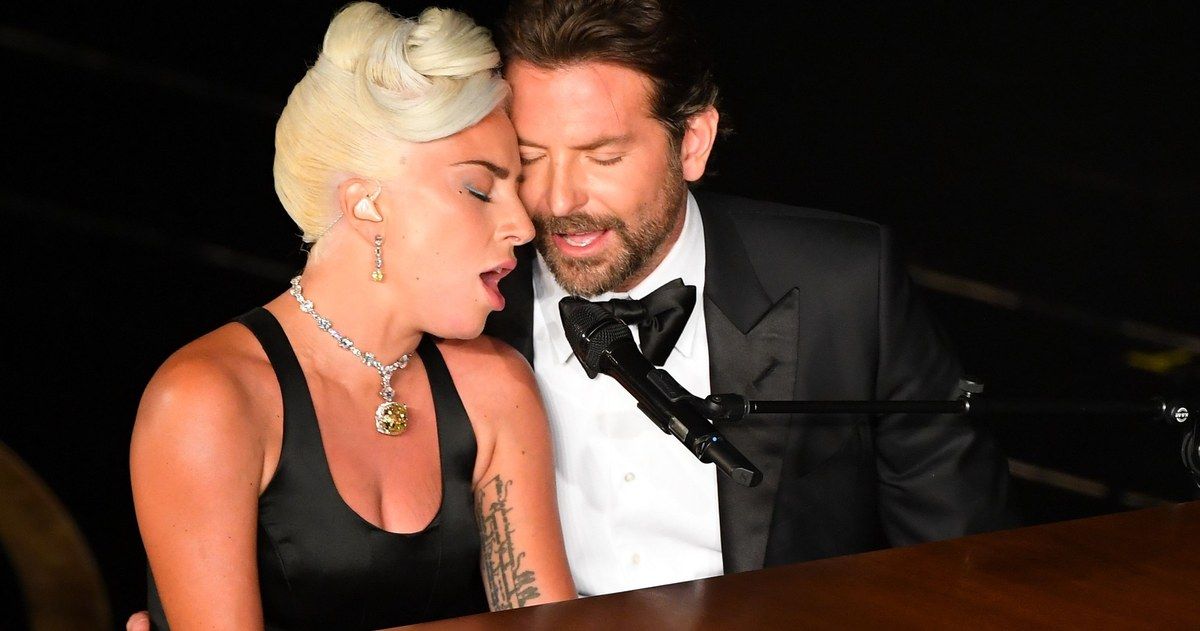The Academy managed to accomplish their goal of boosting viewership for this year's Oscars telecast, and they did so without a host. The 91st Oscars ceremony had a lot to contend with. It was the first time in three decades that the show was going hostless after things with Kevin Hart fell through, given the controversy with his resurfaced anti-LGBTQ remarks. Despite that, and the other hurdles the show had to overcome, it managed to be a success, at least by one very important metric, when compared to last year's broadcast.
According to numbers released by Neilson, this year's Academy Awards brought in 29.6 million viewers. While that still makes it the second-lowest rated telecast ever, it marks a 12 percent increase in overall viewership when compared to 2018's show, which was hosted by Jimmy Kimmel and brought in a record-low 26.5 million viewers. This is especially encouraging, considering that the last time the Oscars went without a host was in 1989 and went down as one of the worst telecasts in the history of the Academy Awards.
So much of this year was focused on the Academy doing anything they could to boost viewership. That wound up causing more problems along the way than it did anything else. At one point, the Academy voted to introduce a new category honoring popular movies, which, ironically, proved to be dramatically unpopular and was quickly axed. More recently, in an effort to try and keep the show closer to three hours, they were planning to present four awards, including Best Cinematography, during commercial breaks, which again proved to be very unpopular. The decision was overturned and all awards were presented live.
Ultimately, the show clocked in at three hours and 21 minutes. There were many highlights and crowd-pleasing moments, including Queen and Adam Lambert opening up the show, Lady Gaga and Bradley Cooper performing Shallow from A Star Is Born and Black Panther surprising with three wins. Olivia Coleman also surprised in the Best Actress category for her work in The Favourite, going on to deliver an instant-classic speech, given her genuine surprise in winning over Glenn Close, who was the odds-on favorite for her work in The Wife. Mike Myers and Dana Carvey also provided us with a brief Wayne's World reunion, to the delight of many, and Spike Lee finally won an Oscar for his screenplay for BlacKkKlansman.
The night was not without its controversies and speed bumps. Green Book bested Roma for Best Picture, which has proved to be quite an unpopular decision. Spike Lee, for his part, was visibly upset and tried to leave the theater. Backstage, he voiced his distaste for the decision, saying the Academy made a bad call. Still, it was a night that went far more smoothly than many expected it to, given the rough lead up to the ceremony. This news was previously reported by Deadline.

